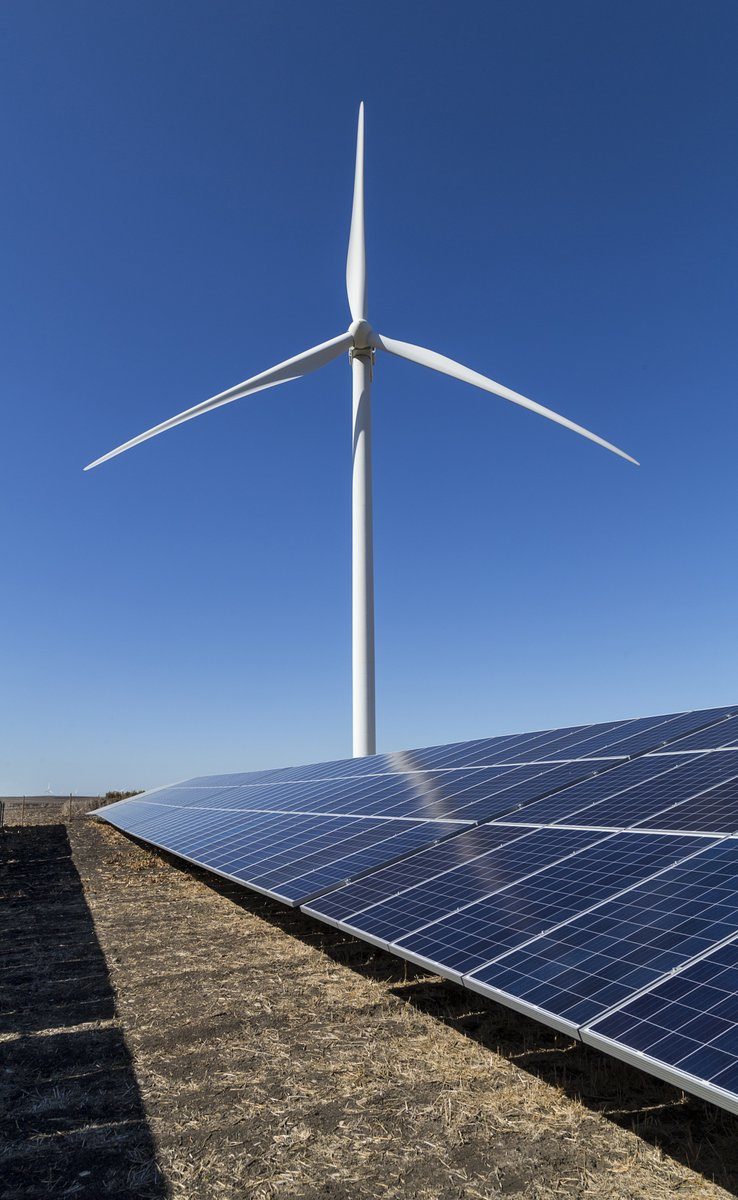Portuguese power utility EDP announced that it will build its first solar-plus-storage utility scale power plants near Lisbon.
The 3.8 MW project, said to be the first of its kind in Portugal, will consists of two PV units installed for self-consumption at two facilities of U.S. battery Manufacturer Exide Technologies Lda. in Castanheira do Ribatejo and Azambuja, both located in the district of Lisbon, in the region of Ribatejo, a lead-acid storage system provided by the same company.
The two solar power generators will rely on a total of 10,000 PV panels and will be able to cover an unspecified amount of energy needs of the two facilities. “Surplus energy will be stored and injected into the grid mostly in the summer season, when the plant's energy consumption is lower,” EDP said.
The utility will operate the plant through a contract based on the energy manager business model, which also includes maintenance and real-time monitoring. “This is EDP's largest solar energy project [in Portugal], and it will allow us to take an important step towards the world of storage technology,” said EDP Comercial CEO Vera Pinto Pereira.
Headquartered in Milto, Georgia, United States, the 130-year-old lead-acid batteries and automotive batteries and industrial batteries, Exide Technologies operates manufacturing and recycling plants located throughout the U.S. and Europe. It currently operates across 80 country and has its European headquarter in Paris, France. “With the help of EDP, Exide will now implement its first energy efficiency project on their own manufacturing site in order to assess replicating similar projects in other facilities around the world,” EDP said in a statement released.
EDP is currently planning to divest part of its old generation business to invest in renewables. Its new strategy comprises an expansion of its most traditional renewable energy business – wind power – and new investments in storage, solar, off-grid and hybrid wind-solar projects.
In Portugal, it has deployed approximately 15,000 solar projects for self-consumption with a combined capacity of around 36.4 MW.
This content is protected by copyright and may not be reused. If you want to cooperate with us and would like to reuse some of our content, please contact: editors@pv-magazine.com.




1 comment
By submitting this form you agree to pv magazine using your data for the purposes of publishing your comment.
Your personal data will only be disclosed or otherwise transmitted to third parties for the purposes of spam filtering or if this is necessary for technical maintenance of the website. Any other transfer to third parties will not take place unless this is justified on the basis of applicable data protection regulations or if pv magazine is legally obliged to do so.
You may revoke this consent at any time with effect for the future, in which case your personal data will be deleted immediately. Otherwise, your data will be deleted if pv magazine has processed your request or the purpose of data storage is fulfilled.
Further information on data privacy can be found in our Data Protection Policy.